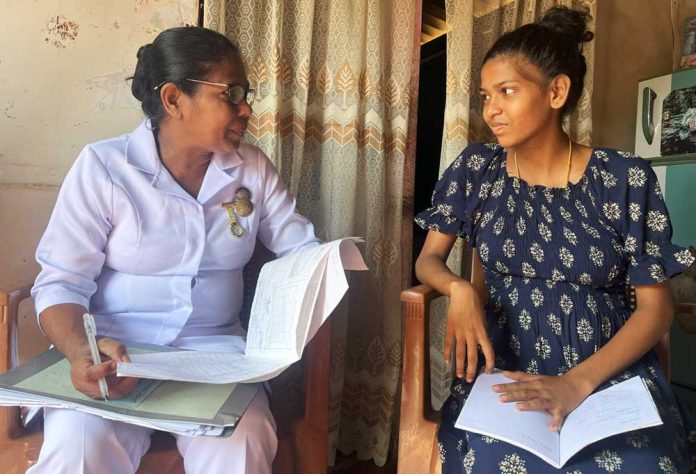Sri Lanka has made remarkable strides in maternal health, reducing maternal mortality to 25 per 100,000 live births in 2023, according to the World Health Organization (WHO). The achievement is attributed to the country’s free and equitable maternal health services, professional midwifery, and its commitment to continuous quality improvement.
The milestone was highlighted during a WHO webinar series conducted in collaboration with Sri Lanka’s Ministry of Health, coinciding with World Health Day on April 7. The global health body launched its 2025 campaign titled “Healthy Beginnings, Hopeful Futures,” aimed at improving maternal and newborn health worldwide.
Despite Sri Lanka’s progress, the WHO cautioned against emerging challenges. Recent studies have shown an increase in low birth weight babies, underscoring the urgent need to investigate the underlying causes, particularly the impact of maternal nutrition.
The WHO emphasized that maternal nutrition has long-term consequences for both mother and child and called for evidence-based policies to tackle nutritional deficiencies—especially in the context of Sri Lanka’s ongoing economic crisis, which may limit access to nutritious food and healthcare for expectant mothers.
Globally, maternal and newborn health remains a critical concern. Nearly 300,000 women die each year due to complications related to pregnancy and childbirth. While there has been a 40% global reduction in maternal mortality since 2000, disparities persist: Sub-Saharan Africa accounted for 70% of maternal deaths in 2023, while Central and Southern Asia contributed 17%.
The WHO expressed its ongoing support for Sri Lanka’s maternal health journey, emphasising that enhancing prenatal and postnatal care, bridging healthcare access gaps, and introducing advanced medical interventions will be essential to building on current successes and ensuring healthier futures for mothers and newborns.






